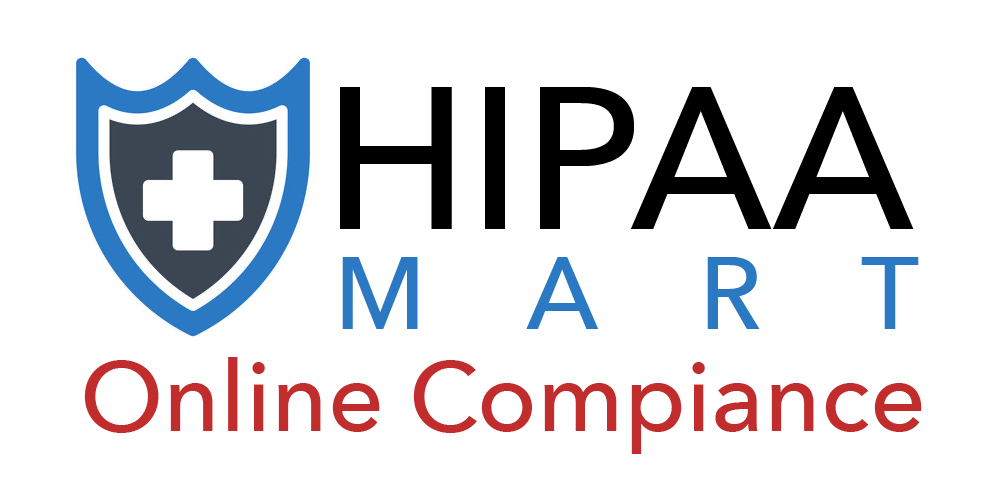In today’s digital age, the protection of sensitive medical information is paramount. As technology advances, so do the risks associated with the storage and transmission of patient data. This is where HIPAA (Health Insurance Portability and Accountability Act) Compliance Certification comes into play. HIPAA sets the standard for protecting sensitive patient data, ensuring healthcare organizations maintain the confidentiality, integrity, and availability of patient information. In this blog post, we’ll delve into the significance of HIPAA Compliance Certification, its requirements, benefits, and how organizations can achieve and maintain compliance.
Understanding HIPAA Compliance Certification
HIPAA Compliance Certification is a formal recognition that an organization has taken the necessary steps to ensure compliance with HIPAA regulations. These regulations were enacted in 1996 to safeguard individuals’ medical information and establish standards for the electronic exchange of healthcare data. HIPAA consists of various rules, including the Privacy Rule, Security Rule, Breach Notification Rule, and Omnibus Rule, each addressing different aspects of data protection and patient privacy.
The Importance of HIPAA Compliance
- Patient Trust and Confidentiality: Patients entrust healthcare providers with their most sensitive information. HIPAA Compliance ensures this information is protected, fostering trust between patients and healthcare organizations.
- Legal Obligations: Non-compliance with HIPAA can result in severe legal consequences, including hefty fines and even criminal charges. Compliance Certification demonstrates a commitment to meeting legal obligations and mitigating these risks.
- Data Security: With the proliferation of cyber threats, safeguarding patient data is critical. Compliance Certification requires implementing robust security measures to prevent unauthorized access, data breaches, and cyber-attacks.
- Reputation Management: A data breach or violation of patient privacy can tarnish an organization’s reputation irreparably. Achieving HIPAA Compliance Certification demonstrates a dedication to maintaining a reputable and trustworthy image.
- Competitive Advantage: In an increasingly competitive healthcare landscape, HIPAA Compliance Certification can serve as a differentiator, attracting patients who prioritize privacy and security.
Requirements for HIPAA Compliance Certification
To achieve HIPAA Compliance Certification, organizations must adhere to the following key requirements:
- Risk Assessment: Conduct regular risk assessments to identify vulnerabilities and potential threats to patient data.
- Privacy Policies and Procedures: Develop and implement comprehensive privacy policies and procedures to govern the use and disclosure of protected health information (PHI).
- Security Measures: Implement technical safeguards, such as encryption and access controls, to secure electronic PHI (ePHI) against unauthorized access and breaches.
- Employee Training: Provide ongoing training to employees on HIPAA regulations, privacy practices, and security protocols.
- Breach Response Plan: Develop and maintain a breach response plan to promptly address and mitigate any breaches of PHI.
- Business Associate Agreements: Enter into agreements with business associates who have access to PHI, ensuring they also comply with HIPAA regulations.
Benefits of HIPAA Compliance Certification
- Enhanced Patient Trust: Compliance Certification demonstrates a commitment to safeguarding patient privacy and confidentiality, strengthening trust and loyalty among patients.
- Legal Protection: Compliance reduces the risk of legal penalties, fines, and lawsuits resulting from HIPAA violations, protecting the organization from costly legal repercussions.
- Improved Data Security: By implementing robust security measures, organizations can better protect patient data from unauthorized access, breaches, and cyber threats.
- Streamlined Operations: Compliance promotes efficiency and consistency in data management practices, streamlining operations and reducing the risk of errors or oversights.
- Competitive Advantage: Organizations with HIPAA Compliance Certification gain a competitive edge by differentiating themselves as trustworthy and reliable providers of healthcare services.
- Regulatory Compliance: Compliance Certification ensures adherence to regulatory requirements, mitigating the risk of audits, penalties, and sanctions from regulatory authorities.

Achieving and Maintaining Compliance
Achieving HIPAA Compliance Certification requires a concerted effort and ongoing commitment from healthcare organizations. Here are some steps to help organizations achieve and maintain compliance:
- Assessment and Gap Analysis: Conduct a thorough assessment of current policies, procedures, and security measures to identify gaps and areas for improvement.
- Policy Development and Implementation: Develop and implement comprehensive privacy and security policies and procedures tailored to the organization’s specific needs and risks.
- Training and Awareness Programs: Provide regular training and awareness programs to educate employees about HIPAA regulations, privacy practices, and security protocols.
- Technical Safeguards: Implement technical safeguards, such as encryption, access controls, and secure authentication mechanisms, to protect ePHI from unauthorized access and breaches.
- Monitoring and Auditing: Implement monitoring and auditing mechanisms to detect and respond to security incidents, breaches, and compliance violations promptly.
- Continuous Improvement: Regularly review and update policies, procedures, and security measures to adapt to evolving threats, technologies, and regulatory requirements.
- Third-Party Compliance: Ensure that third-party vendors and business associates also comply with HIPAA regulations through contractual agreements and oversight mechanisms.
Conclusion
HIPAA Compliance Certification is a vital aspect of ensuring the protection of sensitive patient information in today’s healthcare landscape. By adhering to HIPAA regulations and achieving Compliance Certification, organizations can enhance patient trust, mitigate legal risks, improve data security, and gain a competitive advantage. However, achieving and maintaining compliance requires a proactive approach, ongoing commitment, and a robust framework of policies, procedures, and security measures. By prioritizing HIPAA Compliance, healthcare organizations can safeguard patient privacy, maintain regulatory compliance, and uphold the highest standards of data security and confidentiality.

